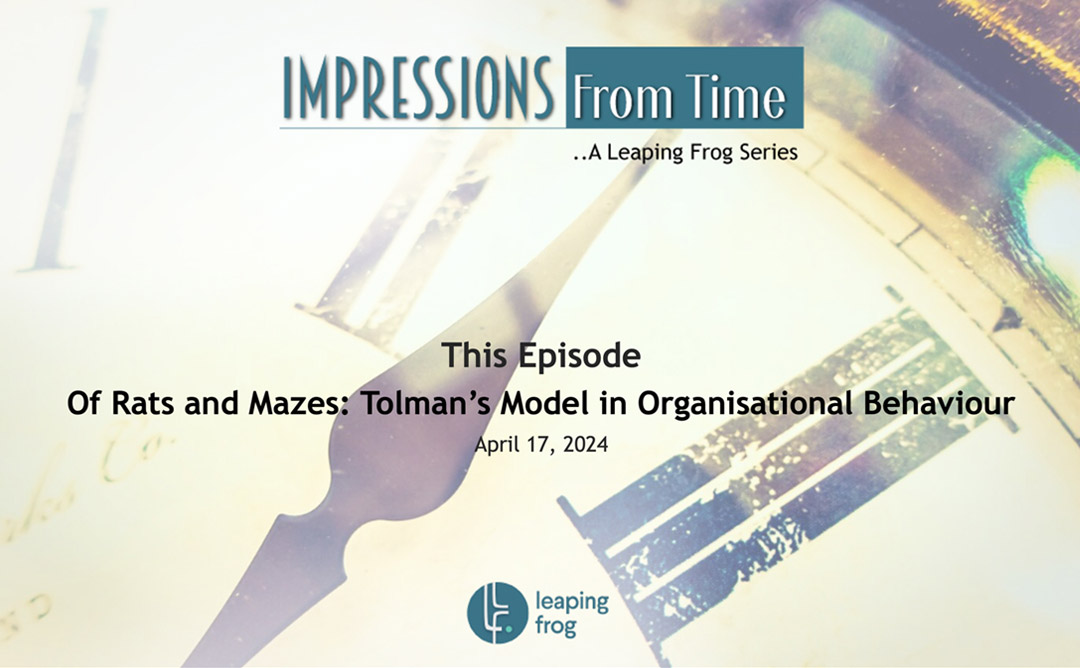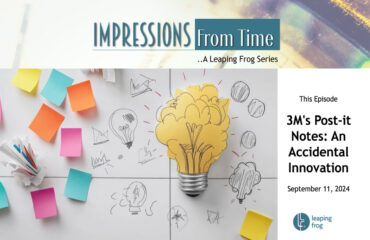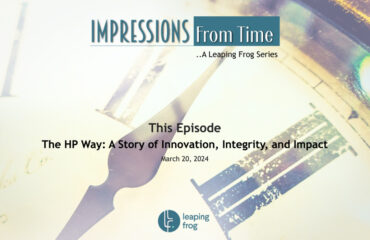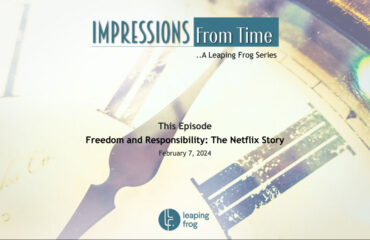
Developed by the eminent psychologist Edward Tolman, his Cognitive Model plays an important role in our understanding of learning, motivation, and behaviour, with profound implications for organisational behaviour.
Edward Tolman’s cognitive model emerged in the mid-20th century amidst an interest in the role of mental processes in shaping behaviour. Drawing from his experiments with rats navigating mazes, Tolman proposed a model that highlighted the cognitive processes underlying behaviour. At its core was the concept of the cognitive map—a mental representation of spatial relationships that guides behaviour. Unlike behaviourists who focused solely on observable behaviour, Tolman argued that internal cognitive processes such as perception, memory, and problem-solving influence our behaviour.
Rats and Maze Experiment
One of Tolman’s most famous experiments involved training rats to navigate through a maze to reach a food reward. Unlike previous behaviourist theories that focused solely on the stimulus-response relationship, Tolman introduced elements of cognitive psychology by considering the role of mental processes in learning.
In his experiments, Tolman divided rats into two groups and exposed them to different conditions. One group, the control group, received consistent reinforcement as a food reward at the end of the maze. Another group, the experimental group, initially explored the maze without any reinforcement. However, after several trials, the experimental group began receiving the same food reward at the end of the maze.
Tolman observed that the rats in the experimental group displayed behaviour, suggesting that they had formed a cognitive map of the maze. Even before receiving the food reward, these rats exhibited purposeful exploration and efficient navigation through the maze. Once reinforcement was introduced, their performance improved rapidly, indicating they had already developed a mental representation of the maze layout.
This finding challenged the prevailing behaviourist theories of the time, which emphasised the importance of external reinforcement in shaping behaviour. Instead, Tolman argued that animals engage in latent learning, acquiring knowledge about their environment even without immediate rewards.
The S-O-R Framework
Central to Tolman’s cognitive model is the S-O-R framework, which posits that behaviour is influenced by the interaction between stimuli (S), organism (O), and response (R).
Stimuli are things in the environment that influence us. These could be anything from seeing a tasty snack to hearing a loud noise.
The Organism is us—the person or animal experiencing the stimuli. Our internal state, including our thoughts and feelings, also plays a significant role here.
The Response is how we react to stimuli based on our internal state. This could be anything from grabbing a snack to covering our ears.
Tolman’s framework does not just involve stimuli causing a direct response. Instead, the internal state of the organism—our thoughts, feelings, and past experiences—also comes into play. This means that how we react to something isn’t just based on what’s happening around us but also on how we interpret and understand those stimuli. So, it’s not just a simple cause-and-effect relationship; our cognitive processes act as mediators, shaping how we respond to the world around us.
Implications in Organizational Behaviour
Tolman’s cognitive model has far-reaching implications for organisational behaviour. It offers insights into how individuals perceive, interpret, and respond to their work environment.
Learning and Decision-Making: In organisations, employees constantly navigate complex environments, make decisions, and solve problems. Tolman’s cognitive model suggests that individuals construct mental representations of their work environment, which influence their decision-making processes. By understanding these cognitive maps, organisations can design work environments that facilitate learning, innovation, and adaptive decision-making.
Motivation and Goal Setting: Tolman’s model emphasises the role of goals in motivating behaviour. According to Tolman, individuals are encouraged to pursue goals based on their cognitive representations of desired outcomes. Organisations can leverage this insight in the workplace by aligning individual goals with organisational objectives, fostering a sense of purpose and direction among employees.
Organisational Culture and Climate: Cognitive maps shape individual behaviour and influence organisational culture and climate. Shared cognitive representations of the organisation’s vision, values, and norms contribute to the formation of organisational culture. By promoting a shared understanding of organisational goals and values, leaders can shape the cognitive landscape of the organisation, fostering a positive and cohesive organisational culture.
Change Management: Tolman’s cognitive model provides a framework for understanding how individuals perceive and respond to change. Change initiatives often disrupt existing cognitive maps, leading to employee resistance and uncertainty. Organisations can mitigate resistance and facilitate smoother transitions by proactively addressing employees’ cognitive representations of change.
Tolman’s cognitive model offers a nuanced understanding of human behaviour in organisational settings, emphasising the role of cognitive processes in shaping behaviour. By embracing this model, organisations can gain deeper insights into the cognitive mechanisms underlying employee behaviour, leading to more effective management practices and organisational outcomes.
……………………………………………………………………………………………………………………………………
“Impressions From Time” is a curated series from Leaping Frog about stories from the past that have helped shape modern-day practices in the people and organisation domain.
Leaping Frog, a new-age consulting firm, is an enabler and co-creator in enhancing people and organisational effectiveness. We love doing work in the areas of “Driving Organisational Change and Development”, “HR Systems and Talent Strategy”, and “Leadership and Life Coaching”.
Connect and share, for work and more.
Mail: comm@leapingfrog.in
Website: www.leapingfrog.in
Follow Us: https://lnkd.in/d7TQbsia




